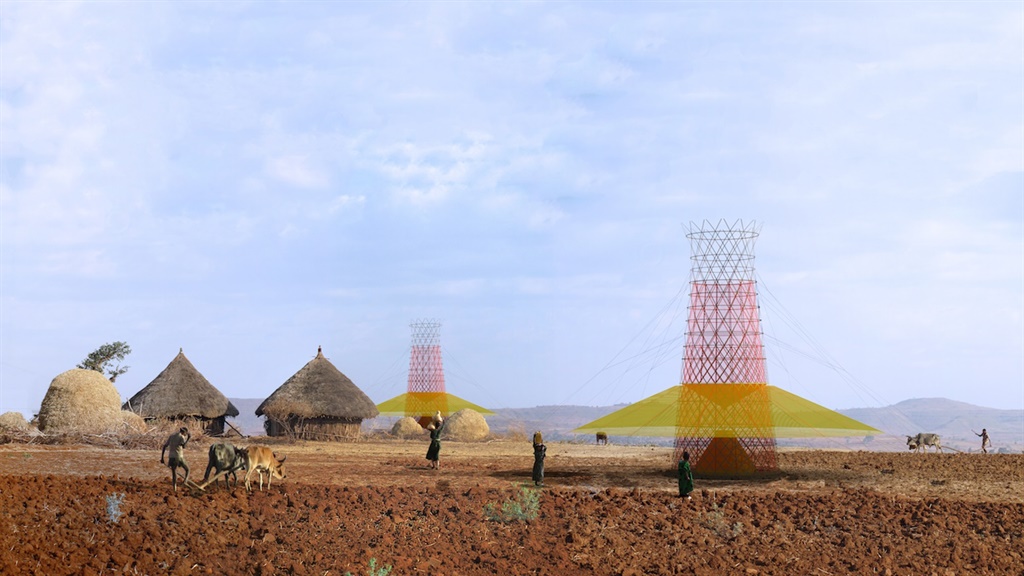
In many remote villages around the world, access to clean water and basic sanitation is scarce. The condition of the water is questionable and often places the villagers at risk of contracting diseases and illnesses.
According to the UN Development Programme, water scarcity affects nearly 40% of the world’s population. Nearly 1 billion people do not have access to clean water and sanitation.
Many of them are found in some of the poorest rural communities around the world.
This was something that Italian founder and president of Warka Water, Arturo Vittori, recognised.
“Visiting small isolated communities up on the high plateau in the north-east region of Ethiopia, I witnessed this dramatic reality: the lack of potable water. To help improve this drastic situation, I made it our mission to find solutions and help these people,” he said.
Vittori was trained as an artist, architect and industrial engineer. Together with his team, they designed and built Warka Water’s first project in 2015, the Warka Tower.
Inspired by the surrounding natural environment, it is made from bamboo, polyester mesh, polyester cable and hemp rope.
It was important for the team at Warka Water to create something that used biodegradable and recyclable materials.
The tower is a large vertical structure, shaped somewhat like the warka tree, that collects clean water, in the form of rain, fog and dew, from the atmosphere.
Using the natural energy of gravity and process of condensation, the Warka Tower is able to collect this water without using electricity. These towers have been erected in Haiti, Togo and Ethiopia.
Noticing that the needs of these villagers go further than just for clean drinking water, the team from Warka Water improved on the model of the Warka Tower and developed the Warka Solar – simply the Warka Tower fitted with solar panels. The Warka Solar not only provides light to the area but can also serve as a charging station for various devices.
Looking further, Vittori added: “Visiting refugee camps and isolated communities in Africa, Asia and South America, I witnessed the reality of the lack of proper shelters and very low living standards. Even if they often live in a beautiful natural environment, they suffer from a lack of basic services and hygienic living conditions.”
This inspired the Warka Sanitation, Warka House and Warka Garden projects.
Often the areas in which these remote villages are located lack the sufficient drainage and sanitation systems required to hygienically dispose of sewerage. Sometimes the rivers from which drinking water is collected are also responsible for washing away human and animal sewerage.
Diseases like malaria, cholera and typhoid can be contracted when coming into contact with contaminated and unfiltered water.
Warka Sanitation makes use of composting or dry toilets. These toilets do not require constant flushing and thereby reduce household water consumption.
The human waste collected is in turn used as composting material and thus helps with the growth of vegetation.
The Warka House project makes use of vernacular home building styles as well as sustainable materials in order to build homes that offer better hygiene and comfort to these villagers.
The house is made up of five living spaces: sleeping, living, cooking, storage and sanitation.
Other projects by the Warka Water team include the Warka Garden and one that, in collaboration with Culture A Porter [culture for wearing], provides a space for locals to market and sell their crafts to an international market.
- This article first appeared on designindaba.com




 Publications
Publications
 Partners
Partners











